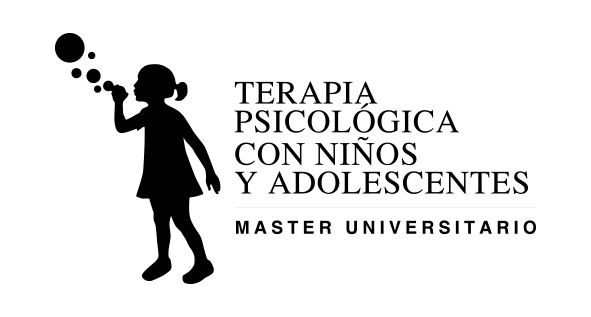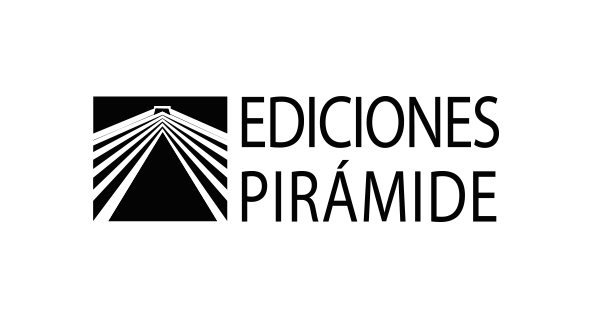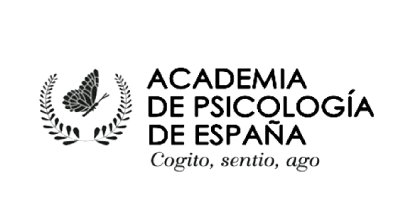Elisa Delvecchio
University of Perugia, Italy
Emotion awareness in children and adolescents
Experiencing emotions characterized the human being during his/her entire life. However, the way in which individuals can identify, express, use and regulate their own and other emotions differs. Emotional awareness concerns how individuals feel or think about their feelings. Several papers highlight the crucial role of emotion awareness for better mental health. The main goal of this symposium is to shed light on emotion awareness discussing empirical research which enrolls community as well as clinical-based Italian children and adolescents. The first contribution is aimed to offer a picture of emotion awareness levels in Italian children and early adolescents from 8 to 13 years old. More than 400 community-based youths were enrolled in the study and filled in the Emotion Awareness Questionnaire-Revised and the Empathy Questionnaire for Children and Adolescents. Gender and age-related differences as well as correlations between emotion awareness and empathy were assessed. The second communication deepens on the relationships between emotion awareness and externalizing behavior problems. Self-report questionnaires were administered to 110 Italian early adolescents. This research proposes that a positive ability to reflect upon the own emotions is linked to lower peer aggressive behavior, hyperactivity and conduct problems. The third contribution deals with emotion awareness, self-esteem and internalizing disorders in 160 Italian children and adolescents. A mediation model was developed to test the role of emotion awareness and self-esteem as protective factors for anxiety and emotional problems. The last presentation explores emotion awareness, emotion dysregulation and alexithymia in a sample of Italian psychiatric adolescents inpatient trough a longitudinal design approach. This communication shows the first findings related to the intake and discharge to hospital.
Elisa Delvecchio, Ph.D., is assistant professor in Clinic and Dynamic Psychology at the Department of Philosophy, Social Sciences and Education at the University of Perugia (Italy), where she teaches “General and developmental psychopathology” and “Theories and methods in family assessment and intervention planning”. She is the representative of the international relationships for the psychological field at the University of Perugia. She is the coordinator of the “Psychology and Cultures Lab” at the International Human-being Research Centre (IHRC). Her main research interests focus on the role of personal and interpersonal variables for the prevention and treatment of anxiety and depressive disorders in adolescence adopting a cross-cultural perspective. She is currently running a project aimed to assess the link between psychological well-being and cultural beliefs in adolescents and emerging adults across the world, including Brazil, China, Costa Rica, Russia, US and several European countries. Moreover, she is interested in attachment and its measurement. She has been trained for the Strange Situation Procedure as well as for the Adult Attachment Projective Picture Stimuli. She is involved in the Italian translation and validation of assessment measures (e.g., Adolescent’s self-consciousness; Affect in Play Scale; Separation Anxiety Scale for Children; State-Trait Anxiety Inventory for Children; Rorschach Performance Assessment System). She has authored or coauthored more than 30 articles in international peer reviewed scientific journals. She has clinical experience in the contexts of individual and group therapy with adolescents and adults. She works as a psychologist at the clinical centre of the University of Perugia. She is a member of the Society for Personality Assessment (SPA) and of the Associazione Italiana di Psicologia (Italian Association of Psychology).













